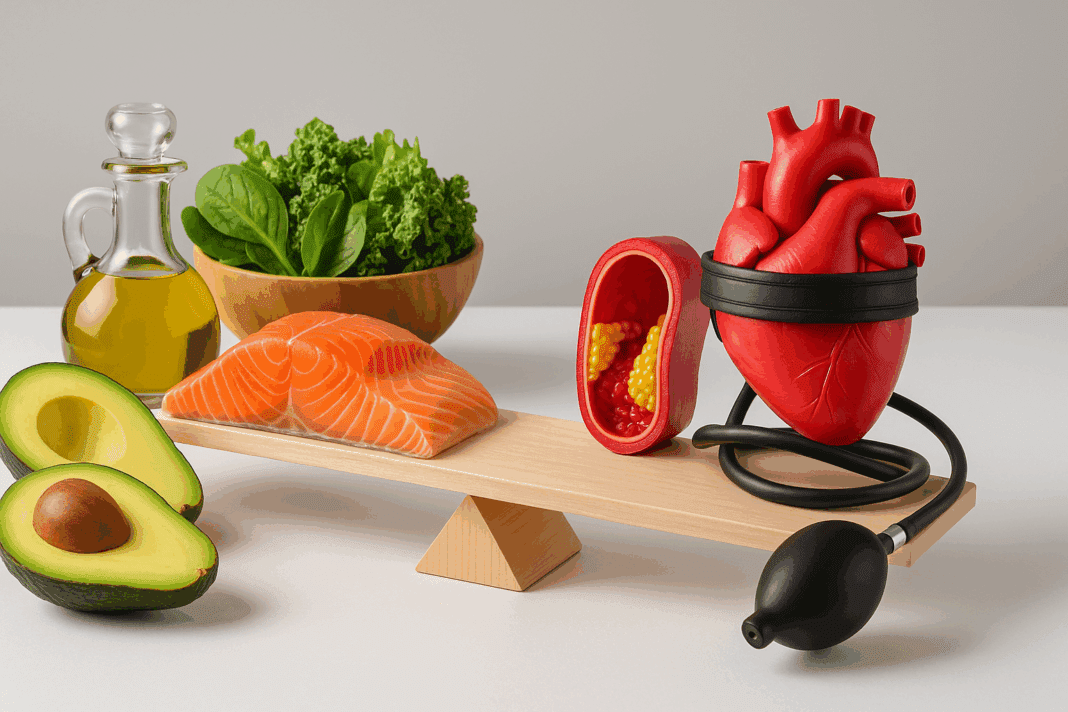The ketogenic diet, or keto diet, has garnered widespread attention for its potential to promote rapid weight loss, enhance mental clarity, and improve metabolic health. Yet, as more people adopt this high-fat, low-carb regimen, questions have emerged about its long-term effects on cardiovascular health. One of the most debated concerns is whether the keto diet raises cholesterol and, if so, whether that increase poses a real risk to heart health. This article explores what leading experts, clinicians, and research studies say about the complex relationship between the keto diet and cholesterol levels—particularly in the context of hyperlipidemia and cardiovascular disease risk.
You may also like: Is the Keto Diet Safe or Dangerous? What Experts Say About the Risks, Benefits, and Basics of the Ketogenic Diet
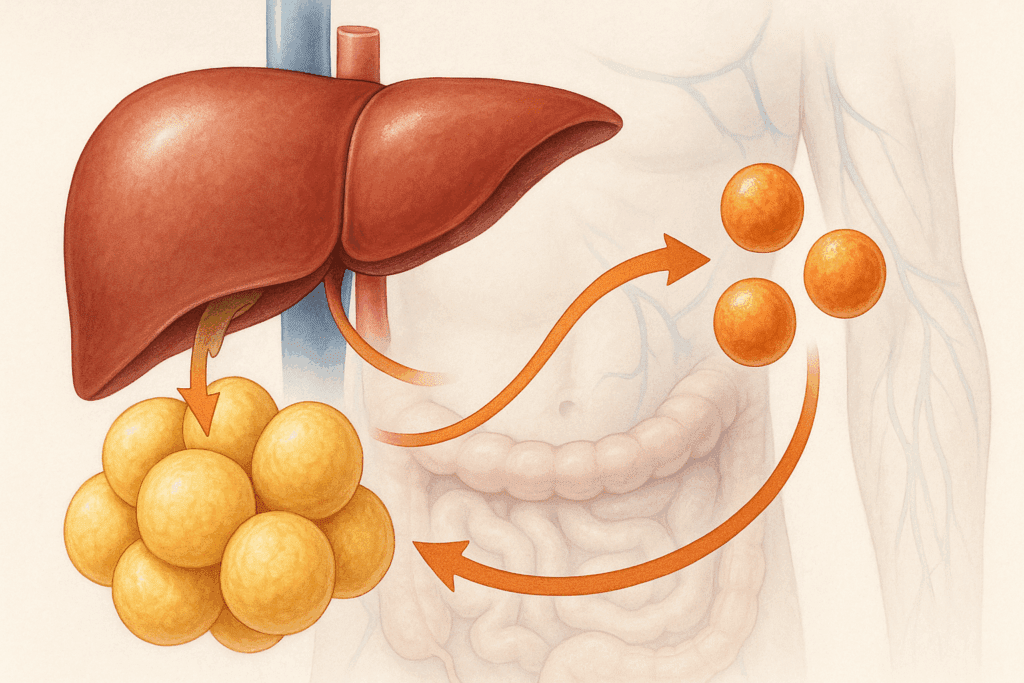
Understanding the Keto Diet and Its Impact on Metabolism
At its core, the keto diet involves drastically reducing carbohydrate intake—typically to fewer than 50 grams per day—while increasing fat consumption to make up approximately 70% to 80% of total daily calories. The idea is to shift the body into a state of ketosis, where fat becomes the primary energy source instead of glucose. During ketosis, the liver converts fats into ketone bodies, which fuel the brain and body in the absence of carbohydrates.
This metabolic shift has been shown to have several benefits, especially for people with obesity, type 2 diabetes, or insulin resistance. Numerous studies confirm that low-carb diets can improve markers like fasting insulin, triglyceride levels, and blood sugar control. However, because the diet is high in saturated fats—often from sources like butter, red meat, cheese, and coconut oil—experts have raised legitimate concerns about its effects on cholesterol, particularly LDL cholesterol and total cholesterol levels.
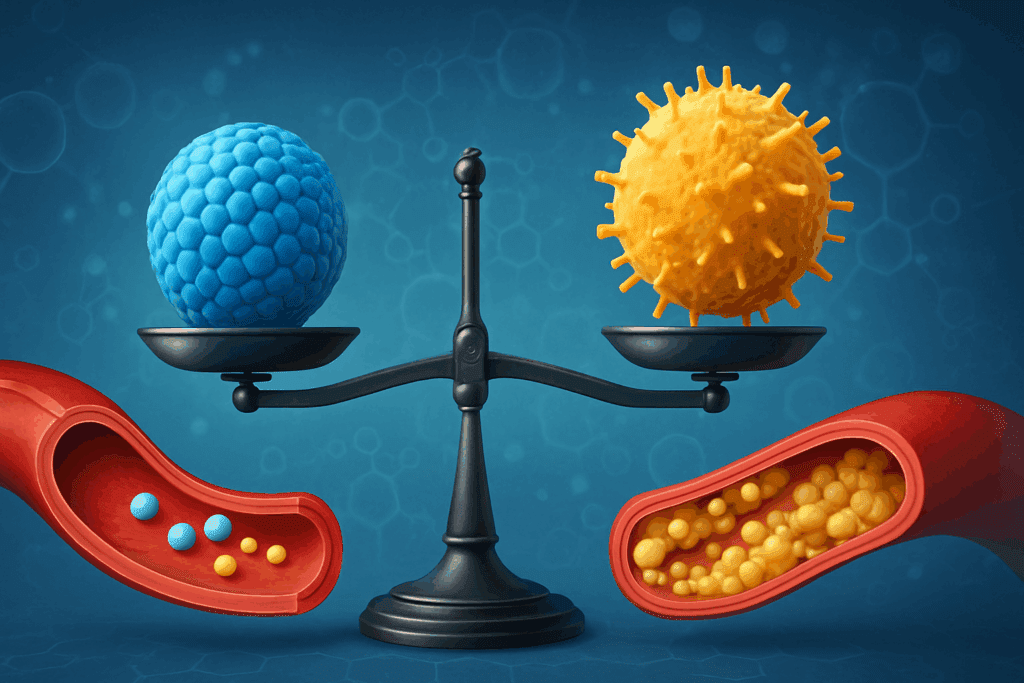
Keto and Cholesterol: What the Science Shows
One of the most compelling aspects of the keto and cholesterol debate lies in its nuance. Research has demonstrated that low-carb diets like keto can improve certain lipid markers while worsening others. For instance, a study published in the New England Journal of Medicine found that people on a ketogenic diet often experience reductions in triglycerides and increases in HDL (“good”) cholesterol. However, the same studies frequently report significant elevations in LDL (“bad”) cholesterol and total cholesterol—especially in individuals genetically predisposed to hyperlipidemia.
Another important distinction is that the keto diet doesn’t affect everyone the same way. Some individuals, often referred to as “hyper-responders,” experience dramatic increases in LDL levels, sometimes surpassing 200 mg/dL. This subgroup raises the most concern among cardiologists, especially since high LDL levels have long been associated with a greater risk of atherosclerosis and cardiovascular events. While proponents argue that increased LDL particle size (from small, dense LDL to larger, fluffier LDL) may reduce cardiovascular risk, this remains a contentious claim without universal agreement in the medical community.
Exploring the Relationship Between a Low-Carb Diet and Cholesterol Profiles
The low carb diet cholesterol impact varies significantly depending on the individual’s baseline metabolic profile, dietary fat sources, and genetic predispositions. For instance, a keto diet high in unsaturated fats from avocados, olive oil, and nuts may produce a different lipid profile than one heavy in saturated fats from processed meats and dairy. This variability underscores the importance of quality and balance in food choices, even within the parameters of a low-carb approach.
Furthermore, some experts suggest that short-term elevations in cholesterol on a ketogenic diet may not necessarily translate to long-term cardiovascular risk, particularly if accompanied by weight loss, reduced inflammation, and improved insulin sensitivity. However, these potential benefits must be weighed against the possibility of developing hyperlipidemia, especially if the diet is not well-monitored or individualized.

Can the Keto Diet Cause Hyperlipidemia in Humans?
The question of will keto diet causes hyperlipidemia in humans has become a focal point of both scientific inquiry and clinical observation. Hyperlipidemia refers to abnormally high levels of lipids—chiefly cholesterol and triglycerides—in the blood. While hyperlipidemia can be genetically driven (familial hypercholesterolemia), dietary patterns also play a substantial role.
Case reports and clinical trials have documented instances where individuals, especially those with familial risk factors or lean body types, developed marked hyperlipidemia after starting the keto diet. In some cases, cholesterol levels soared to dangerous levels, necessitating medical intervention or discontinuation of the diet. These findings have led some healthcare providers to caution against the widespread adoption of keto without medical supervision, especially for individuals with pre-existing cardiovascular risk factors.
Nevertheless, other studies suggest that for people with metabolic syndrome, the ketogenic diet may help normalize blood lipid profiles when implemented thoughtfully. The risk appears most pronounced when keto is adopted without regard to fat quality or under the assumption that all fats have equal health effects.

Clinical Insights into Keto High Cholesterol Patterns
From a clinical standpoint, healthcare practitioners are increasingly aware of the keto high cholesterol dilemma. As more patients turn to keto for weight loss or diabetes management, many primary care physicians and cardiologists now include lipid panel monitoring as a standard part of ketogenic diet oversight.
In clinical practice, it’s not unusual to observe elevated LDL levels within the first few months of a ketogenic regimen. However, these changes can sometimes stabilize or even reverse with modifications to fat sources and overall calorie intake. For example, replacing saturated fats with polyunsaturated fats, such as those found in fatty fish, flaxseeds, and walnuts, has been shown to attenuate LDL increases.
Importantly, emerging evidence suggests that the context in which cholesterol rises—such as in conjunction with weight loss, improved insulin resistance, or reductions in inflammatory markers—may influence whether those changes translate into higher cardiovascular risk. That said, patients who experience cholesterol elevations exceeding clinical thresholds should work with a knowledgeable provider to evaluate whether continuing keto is appropriate for them.
Expert Perspectives on Keto Diet and Cholesterol Risk
When discussing keto diet and cholesterol, it’s essential to consider the perspectives of lipidologists, endocrinologists, and cardiologists who specialize in managing cardiovascular risk. Many experts agree that the ketogenic diet can be safe and even beneficial for select individuals, but it requires customization and vigilance.
Dr. Ethan Weiss, a cardiologist at the University of California, San Francisco, has noted that while some patients on keto do well, others experience a significant uptick in LDL levels that cannot be ignored. He advises regular lipid testing and adjustments to the dietary fat composition for those who see adverse shifts. Similarly, Dr. Sarah Hallberg, known for her work in low-carb diabetes management, emphasized that while LDL cholesterol may rise, improvements in HDL and triglycerides should not be discounted when evaluating overall cardiovascular risk.
This divergence in expert opinion illustrates the complexity of the keto and cholesterol relationship. While some authorities stress LDL as a primary driver of atherosclerosis, others advocate for a more nuanced view that considers particle size, inflammation, and metabolic health as equally important factors.
High Cholesterol and Keto Diet: When to Be Concerned
For individuals already diagnosed with high cholesterol or those with a family history of cardiovascular disease, the high cholesterol and keto diet combination should be approached with caution. Even though keto may offer compelling benefits in weight management and glycemic control, it’s not universally suitable for everyone—particularly those with lipid abnormalities.
Monitoring is essential. Lipid panels should be checked prior to starting the diet, then again within three to six months. This approach helps identify whether the diet is triggering undesirable lipid shifts, especially in LDL and total cholesterol. For patients whose levels escalate to dangerous thresholds—such as LDL-C levels above 190 mg/dL—clinicians may advise either dietary adjustments or discontinuation of the ketogenic approach.
In practice, modifying the keto plan to include more monounsaturated and polyunsaturated fats can often mitigate cholesterol elevations. Additionally, increasing fiber intake from low-carb vegetables and seeds can help with lipid regulation. These strategies provide a middle ground for individuals who want to remain in ketosis but avoid cardiovascular harm.
Does Keto Raise Cholesterol for Everyone?
One of the most important questions people ask is: does keto raise cholesterol for everyone? The answer is unequivocally no. While some individuals—particularly lean, metabolically healthy people—might experience cholesterol spikes, many others see improvements in lipid profiles, especially if they are overweight or insulin resistant.
Understanding individual variability is key. Genetic predispositions, such as familial hypercholesterolemia or polymorphisms in the APOE gene, can strongly influence how one’s cholesterol responds to a ketogenic diet. Lifestyle factors, including exercise, sleep quality, and stress levels, also play a role in shaping cholesterol outcomes.
The bottom line is that while keto may raise cholesterol in some, it doesn’t do so universally. This is why one-size-fits-all nutritional advice often fails to account for the intricate interplay between diet, genetics, and metabolic health. Personalized nutrition, guided by clinical data and regular monitoring, remains the gold standard for managing dietary interventions like keto.
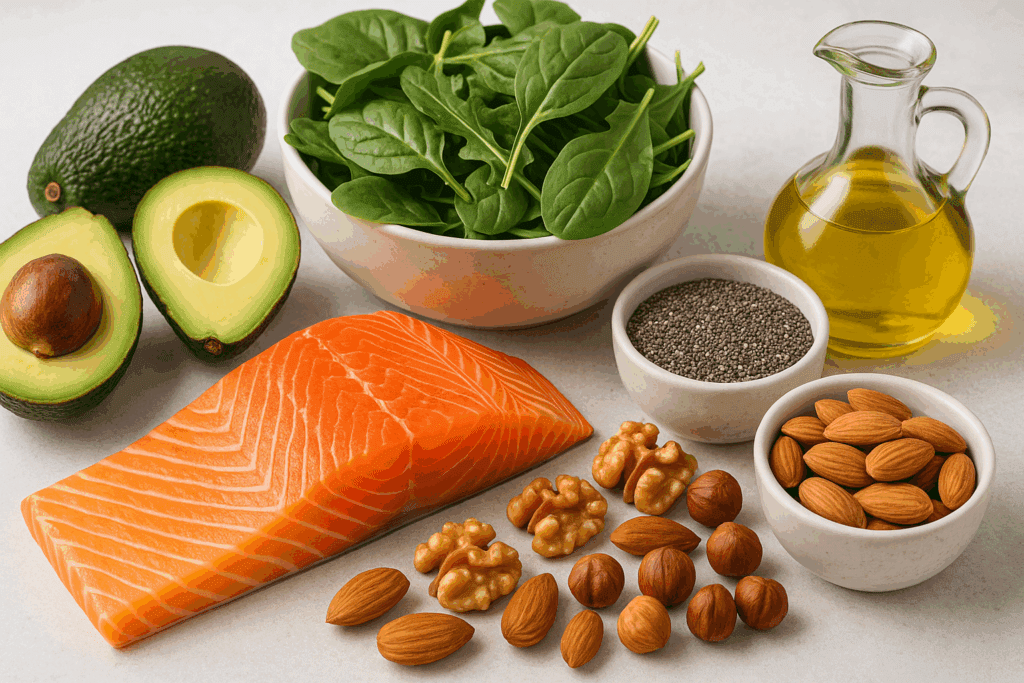
Navigating Low Carb Diet Cholesterol Risks with Practical Strategies
Despite its popularity, the keto diet is not without controversy, especially when it comes to low carb diet cholesterol concerns. That said, many of these risks can be mitigated through informed planning and proactive health management. For starters, individuals adopting a ketogenic approach should prioritize unsaturated fats over saturated ones. Opting for fatty fish, avocado, nuts, and olive oil instead of processed meats and full-fat dairy can make a measurable difference in lipid outcomes.
Adding soluble fiber—found in chia seeds, flaxseeds, Brussels sprouts, and other keto-friendly vegetables—can help reduce LDL cholesterol by binding bile acids and promoting their excretion. Moreover, incorporating intermittent fasting, which is often synergistic with keto, has been shown to improve lipid metabolism and reduce oxidative stress.
Supplementation may also play a role. Niacin, omega-3 fatty acids, and plant sterols are among the agents used to support healthy cholesterol levels in those on high-fat diets. However, any supplementation should be discussed with a healthcare provider to ensure safety and effectiveness.
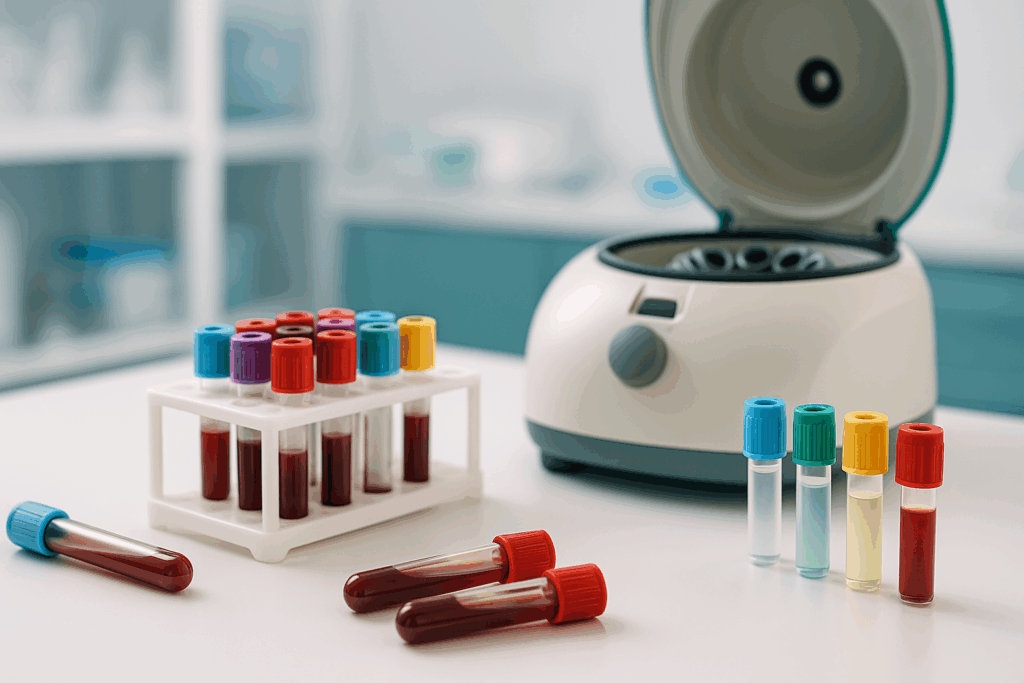
FAQ: Keto Diet and Cholesterol — Expert Answers to the Most Common Questions
1. Can you follow the keto diet long-term without developing high cholesterol?
Yes, but it requires careful planning and regular monitoring. Many individuals can follow a keto diet long-term without experiencing cholesterol problems, especially when they prioritize unsaturated fats and maintain a nutrient-dense, balanced approach. While concerns about keto high cholesterol are valid, they are not universal. A personalized strategy focusing on heart-healthy fat sources like avocado, olive oil, and fatty fish can reduce the likelihood of elevated LDL levels. Regular blood tests and dietary adjustments can help ensure that a keto and cholesterol balance is maintained without increasing long-term cardiovascular risk.
2. How does a low carb diet affect cholesterol levels over time?
The long-term effect of a low carb diet on cholesterol varies widely depending on genetic predisposition, fat quality, and metabolic health. While some people see favorable changes such as higher HDL and lower triglycerides, others may experience rising LDL levels that remain elevated. One theory suggests that metabolic adaptation may eventually normalize these changes, though this is not guaranteed. The broader discussion about low carb diet cholesterol effects includes emerging research into lipid subtypes and inflammatory markers, which may be more accurate predictors of risk than total LDL alone. Monitoring shifts in cholesterol over time is essential to identifying any troubling patterns early.
3. Are plant-based versions of keto less likely to raise cholesterol?
Plant-based ketogenic diets generally pose less risk of elevating cholesterol due to their emphasis on polyunsaturated and monounsaturated fats. Swapping animal fats for plant-based oils, nuts, seeds, and low-carb vegetables can create a keto diet and cholesterol profile that’s more favorable for cardiovascular health. Studies have shown that when saturated fat intake is kept in check, the cholesterol-raising effects of keto can be significantly reduced. Additionally, plant sterols and fibers found in plant-based foods may actively help lower LDL levels, even while maintaining ketosis. Those concerned about keto high cholesterol outcomes may find a plant-based approach to be a safer alternative.
4. Why do some people experience dramatic cholesterol spikes on keto while others do not?
Individual differences in genetics, particularly in lipid metabolism genes like APOE, play a significant role in how cholesterol responds to the keto diet. People with specific gene variants are more prone to LDL elevation, a phenomenon that is still being researched under the umbrella of nutrigenomics. Furthermore, leaner individuals and those with low insulin levels before starting keto may be more likely to become “hyper-responders,” showing large spikes in cholesterol. While high cholesterol and keto diet combinations can be concerning, they’re not universally dangerous—context matters greatly. Understanding personal metabolic profiles can help predict how cholesterol will respond and inform safer diet planning.
5. Is dietary cholesterol the main culprit behind elevated blood cholesterol on keto?
Interestingly, dietary cholesterol plays a smaller role than once believed in raising blood cholesterol levels. Instead, the types and proportions of dietary fats—especially saturated versus unsaturated—have a more significant impact. Keto diets heavy in butter, cheese, and red meat tend to push LDL higher than those based on nuts, seeds, and plant oils. The conversation around keto and cholesterol now increasingly focuses on how the body synthesizes and clears cholesterol, rather than just what is consumed. Therefore, even if dietary cholesterol is high, the overall structure of the diet and genetic factors influence blood levels more strongly.
6. Can keto-induced hyperlipidemia be reversed without quitting the diet?
Yes, in many cases, modifying the types of fats consumed on keto can reduce elevated cholesterol without abandoning ketosis. Clinical experiences suggest that when individuals experiencing keto high cholesterol outcomes reduce saturated fats and increase unsaturated fats, lipid profiles often improve. Adding more soluble fiber through keto-friendly vegetables and incorporating intermittent fasting are also strategies that may help. Though not all cases resolve this way, a trial of dietary reform is often the first step before deciding whether keto must be discontinued. For those wondering if the will keto diet causes hyperlipidemia in humans universally, the answer lies in how the diet is implemented and individualized.
7. How do statins interact with the keto diet in managing cholesterol?
For those already on statins, transitioning to keto requires medical oversight to ensure there’s no antagonistic effect on lipid levels or liver enzymes. While statins are effective at lowering LDL, combining them with a poorly planned keto diet may still pose risks if saturated fat intake remains high. On the flip side, some patients are able to reduce or discontinue statins after successfully managing weight and blood lipids through a tailored low carb plan. This dual strategy—pharmacological and dietary—underscores the complexity of keto and cholesterol management. Doctors often advise rechecking lipid panels within 8–12 weeks of dietary changes to assess whether medications need adjusting.
8. Are there any population groups that should avoid keto due to cholesterol concerns?
Individuals with familial hypercholesterolemia, a genetic condition that causes dangerously high LDL levels, are generally advised against strict keto diets unless under specialist supervision. In such populations, the keto high cholesterol risk is amplified and may lead to accelerated atherosclerosis if left unmanaged. Additionally, those with a history of cardiovascular events or elevated lipoprotein(a) levels may need to steer clear of the high-fat content of keto. Pediatric and geriatric populations also require extra caution, as their cholesterol metabolism differs from that of healthy adults. In cases of high cholesterol and keto diet overlap, individual risk assessment is critical.
9. How does intermittent fasting influence cholesterol levels when combined with keto?
Intermittent fasting, often used alongside keto for weight loss and metabolic benefits, has shown potential to positively influence cholesterol profiles. Fasting can reduce insulin levels and promote autophagy, both of which may contribute to healthier lipid regulation. For some, pairing keto and intermittent fasting can moderate the adverse effects associated with keto high cholesterol outcomes. The combination may help lower triglycerides and slightly improve LDL particle size, especially when the diet itself emphasizes high-quality fats. However, results can vary, and clinical monitoring is still recommended when combining these strategies.
10. What does the future of keto and cholesterol research look like?
As personalized medicine evolves, researchers are exploring how individual genetic and microbiome differences affect cholesterol responses to low carb diets. Emerging diagnostic tools like advanced lipid testing and genomic sequencing are helping clinicians better predict who will develop keto high cholesterol issues. The question of does keto raise cholesterol is moving from a one-size-fits-all answer to a more tailored analysis of each patient’s physiology. In the near future, it’s likely we’ll see more targeted keto protocols designed for people with specific lipid profiles. As science advances, the binary debate over keto diet and cholesterol is giving way to a more nuanced, individualized understanding of dietary health.
Final Thoughts: Understanding the Link Between Keto and High Cholesterol Risks
In the ongoing debate over keto and high cholesterol, one thing is clear: the relationship is not linear or universally predictable. For some individuals, the ketogenic diet may lead to substantial improvements in metabolic health, including lower triglycerides, better insulin sensitivity, and even reductions in inflammatory markers. For others, especially those with a predisposition to hyperlipidemia, the same diet may provoke concerning elevations in LDL and total cholesterol.
The key to navigating this complex territory lies in personalization, clinical oversight, and nutritional nuance. Patients considering the ketogenic diet should do so with a clear understanding of their own cardiovascular risk factors, current lipid profiles, and dietary habits. Regular monitoring, paired with strategic adjustments in fat quality and fiber intake, can help minimize risks while preserving the diet’s potential benefits.
Ultimately, the question is not simply “does keto raise cholesterol?” but rather, how does keto affect cholesterol in the context of an individual’s broader metabolic picture? By asking the right questions, working closely with healthcare professionals, and staying attuned to how one’s body responds, individuals can make informed choices about whether keto is a safe and effective dietary path for them.
In a landscape where wellness trends often outpace scientific consensus, grounding our choices in evidence-based practice is more important than ever. The keto diet and cholesterol connection will likely remain an area of vibrant discussion, but what remains essential is a personalized, informed approach that respects the complexity of human physiology and nutrition.
Further Reading:
A Cardiologist’s Take on the Keto Diet
What Happens to Your Cholesterol When You Go on a Keto Diet?
Keto and Cholesterol: Low Carb Diet and Heart Health


